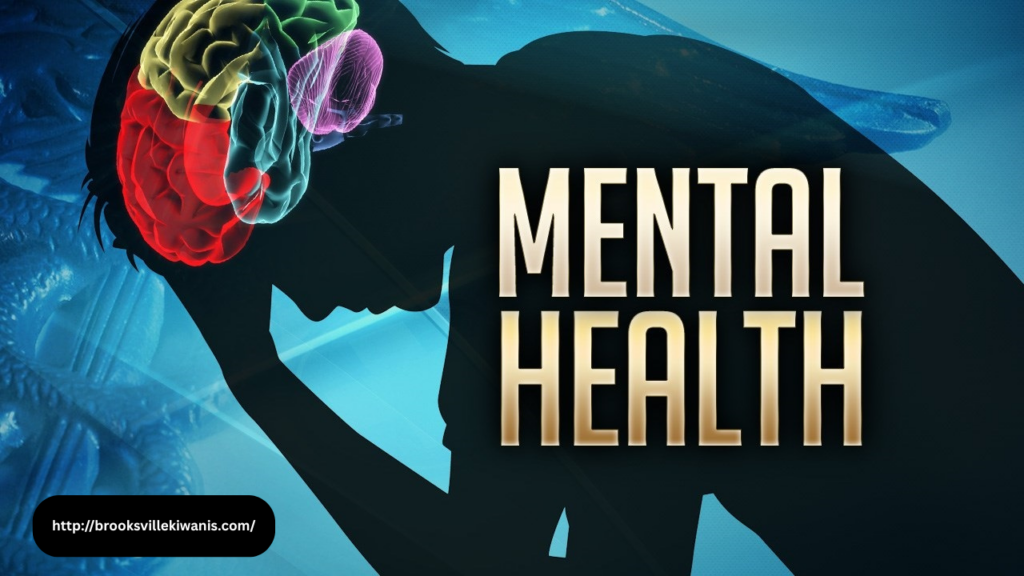The Power of Early Intervention: Helping Florida’s Kids Navigate Mental Health Challenges

Mental health challenges among children and adolescents can often go unnoticed or untreated, especially in the early stages. In Florida, communities, educators, and healthcare providers are increasingly recognizing the transformative power of early intervention in supporting young people facing emotional and behavioral issues. By identifying concerns early and connecting children with the right resources, Florida is creating a foundation for healthier, more resilient futures.
Understanding the Importance of Early Intervention
Early intervention refers to the process of identifying and addressing mental health issues in their initial stages. Research has shown that the earlier a child receives help, the better their long-term outcomes. These interventions can prevent more serious problems from developing and can positively influence a child’s emotional regulation, social development, and academic success.
In Florida, where rates of youth anxiety, depression, and trauma-related disorders have risen, early detection and care have become critical. Many children dealing with mental health challenges face added stressors such as poverty, family instability, or exposure to violence, making timely support even more essential.
Screening and Identification in Schools
Schools are often the first place where signs of mental health issues emerge. Florida has been enhancing its efforts to train educators and staff to recognize the signs of emotional distress, such as withdrawal, sudden behavioral changes, or academic decline. With these efforts, teachers and school counselors are better equipped to flag concerns early and refer students to mental health professionals.
Programs like the Florida School-Based Mental Health Services initiative help districts integrate mental health support directly into the school environment. These services include regular screenings, on-site counseling, and crisis response teams, creating a seamless system of support for students.
Collaborating with Families and Communities
Family involvement is a cornerstone of effective early intervention. Parents and caregivers are encouraged to participate in their child’s mental health journey by learning to recognize warning signs, seeking professional evaluations when needed, and actively engaging in treatment plans.
Florida communities are increasingly offering family-focused resources such as parenting classes, mental health education workshops, and support groups. These initiatives help build supportive home environments where children feel safe and understood.
Leveraging Technology for Early Support
The rise of telehealth has also enhanced early intervention efforts in Florida. Virtual mental health consultations and therapy sessions have expanded access, particularly in rural and underserved areas. Platforms offering mental health assessments and tools for emotional regulation are now more accessible to children and families, making early support both convenient and effective.
The Path Forward
Investing in early intervention is not just beneficial for individual children—it strengthens entire communities. By catching mental health issues early and providing prompt support, Florida can reduce the burden on schools, healthcare systems, and families. More importantly, it empowers young people to build the skills they need to navigate life’s challenges with confidence and resilience.
As awareness grows and resources continue to expand, Florida is leading by example in prioritizing the mental well-being of its youngest residents. Through early intervention, the state is helping children not just survive, but truly thrive.
